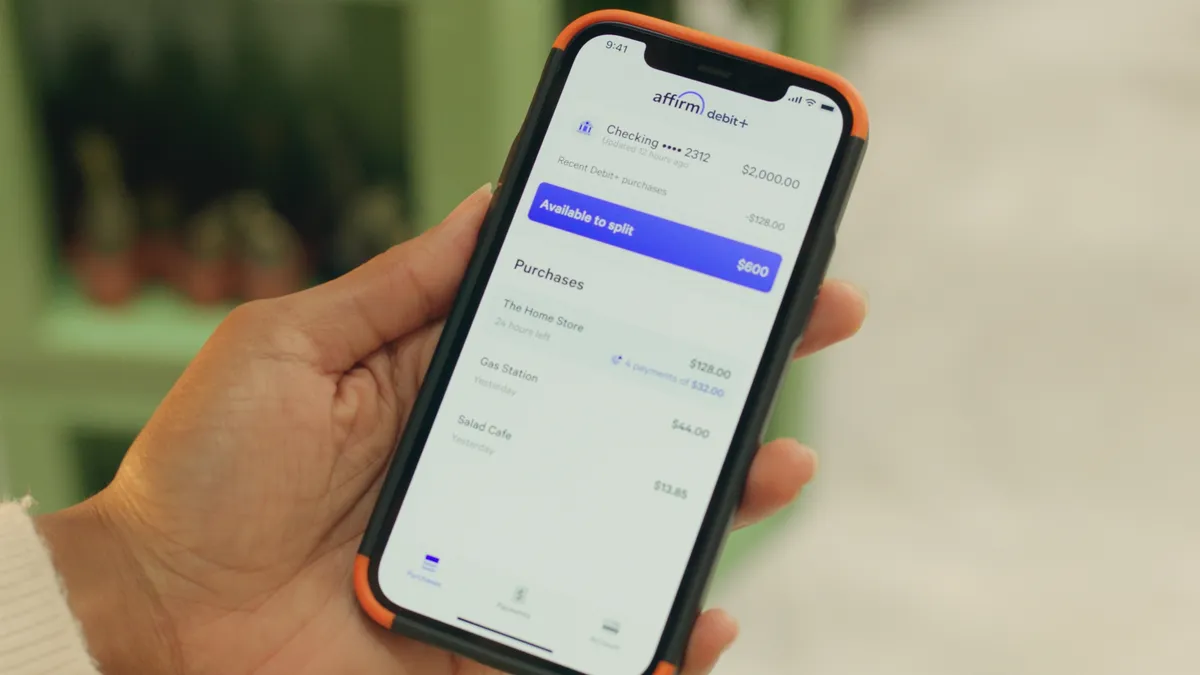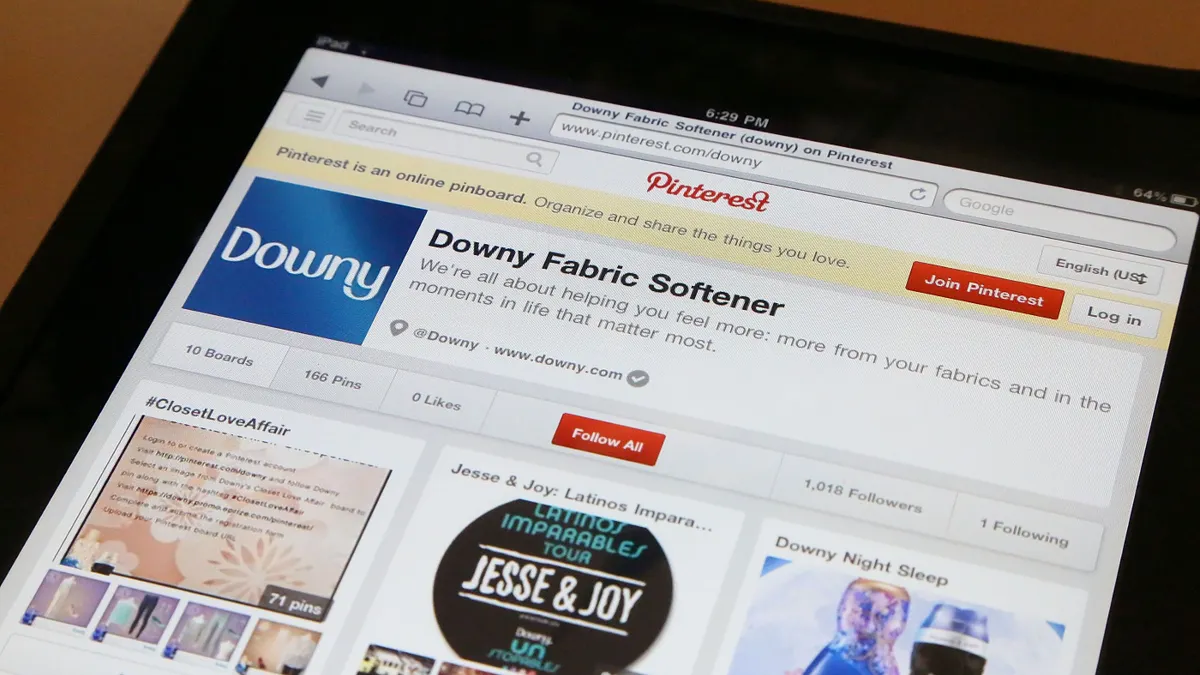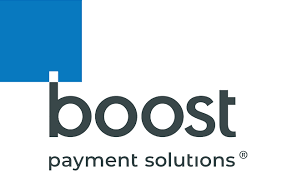Wagestream is the latest startup looking to lure U.S. companies and their workers to a new payday era, one in which workers can receive earned wages on their own timetable.
The London-based software company provides a digital application that lets workers at its corporate clients seek payment of earned wages before an employer typically pays employees. It also allows them to track their pay and work shifts on a broader dashboard.
With $175 million in new equity funding this year, Wagestream CEO Peter Briffett said he expects the company to attract another 1.7 million U.S. employee users by the first quarter of next year, up from less than half that many now. The retailer Crate & Barrel as well as the fast-food chains Popeyes Louisana Kitchen and Burger King are already part of the Wagestream fold.
As a new entrant in the U.S.market as of last year, Wagestream is going up against dozens of U.S. rivals that are already offering such earned wage access services via digital tools. In fact, the trend of providing earned wage access, or on-demand pay, began in the U.S. about a decade ago. Such payment services allow employers to offer their workers the option of being paid more frequently than the typical twice-per-month timeframe.
Still, only about 15% of U.S. workers are currently offered the service, says Briffett, so that leaves plenty of room for attracting new U.S. corporate clients. Wagestream targets employers in the hospitality, retail and healthcare industries, he said. There is a bigger concentration of hourly workers in those industries who tend to be lower-income and may need access to their money more regularly.
Currently, Wagestream services about 100 U.S. employers with 300,000 U.S. workers, the CEO said. Those employees make up about a third of its customer base, with the lion’s share in the U.K., Ireland, Spain, Canada and Australia. The company expanded in Australia last year through the acquisition of Earnd.
U.S. growth potential
Still, the biggest growth market for Wagestream is the U.S., says Briffett. “We have ambitions to probably triple the size of our U.S. team in the next 18 months,” said Briffett, who is also a co-founder of the company. “We expect our user base to grow into the millions in the next few months as well.”
With the new bundle of money from venture capitalists, Wagestream is aiming to beef up its U.S. workforce, he said. It’s recruiting engineers, data scientists, legal professionals and sales workers, among others. The company currently has 60 employees at its U.S. headquarters in Arlington, Virginia.
Still, Wagestream faces major rivals in that arena, including Payactiv, DailyPay and Instant Financial, among others. A key draw in Wagestream’s offering may be an employee savings account that pays 5% interest, but only about a third of its employer clients are paying for that option so far, Briffett said.
By October, Wagestream plans to partner with Visa to make credit and debit cards available to employee users as well, the CEO said.
Like many fintechs, Wagestream isn’t profitable yet. While the CEO was willing to acknowledge the losses, he declined to disclose the private company’s annual revenue. He noted Wagestream has processed about $5 billion in payments since its inception in mid-2018.
Similar to other EWA providers, Wagestream touts its interest in helping workers better manage their money. Still, employees who want an instant payment of wages will pay a $2.99 fee per transaction (it’s free for next-day payments) if the employer doesn’t cover that option. Only about 15% of Wagestream’s corporate clients pay for part of the fee now, but Wagestream aims to have employers foot the bill for services, Briffett said.
Employers pay Wagestream between 50 cents and $2 per employee for the software services, depending on which services are offered to employees. There may be additional charges as Wagestream adds services, the CEO said.
Wagestream Spokesman Callum McCaig said the company eschews the earned wage access moniker and prefers to refer to itself as the provider of a “financial wellbeing app.” He said Wagestream’s aim for social good is underscored by the company’s partial ownership by charities and impact investment funds (he declined to say how much they own).
Wagestream is tapping technology that didn’t exist ten years ago to provide employers with a way to attend to their employees’ financial well-being, Briffett said.
That’s likely more true in an environment where inflation is taking a toll on consumer budgets and employers are still desperate to attract workers in a tight labor market. “It's proving to be a technology that really does drive better retention rates,” Briffett said.
Competitors are watching Wagestream’s growth. "Wagestream has had some great growth overseas in the U.K. and with an acquisition in Australia, so it’s not surprising to see them enter the highly competitive U.S. market with a novel feature like a savings account,” said Steve Barha, chief operating officer at Atlanta-based rival Instant Financial.
"Where I have trouble is when EWA vendors say they are offering financial wellness solutions but at the same time are reaching into the worker’s pocket to take fees and/or subscription charges to access the workers earnings," Barha said.
Instant Financial doesn't charge the employee for its services. Like some other EWA providers, it earns revenue from a slice of the interchange fees collected when credit cards are used by employees.
Regulatory scrutiny
The industry as a whole faces rising regulatory questions. The Consumer Financial Protection Bureau in Washington, D.C., as well as state legislatures, have been in the throes of developing new guardrails for the industry in the interest of protecting workers. Among states, California has played a leading role.
Wagestream moved its U.S. headquarters from New York to Arlington, Virginia, late last year, partly to be closer to regulators overseeing the industry in Washington, but also because investors are in that area, the CEO said.
The company has been in contact with the CFPB, providing data and usage statistics, and it welcomes regulators’ efforts to put guidelines in place and root out bad actors, Briffett said.
“It's a new innovation, so at this point, regulators are looking at it (and) regulators are assessing which providers are providing a great service and which aren't,” he said.
Briffett suspects more scrutiny will be directed at those players that offer their services directly to employees, as opposed to those, like Wagestream, working through employers, as his company does.
Clarification: This story has been updated to clarify that employees have the option to access Wagestream’s instant payment of wages for $2.99 per transaction, if it isn’t covered by employers, and there is no fee for next-day payment of wages.





















